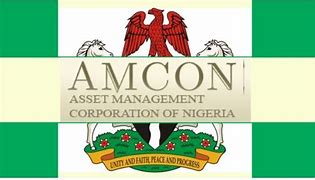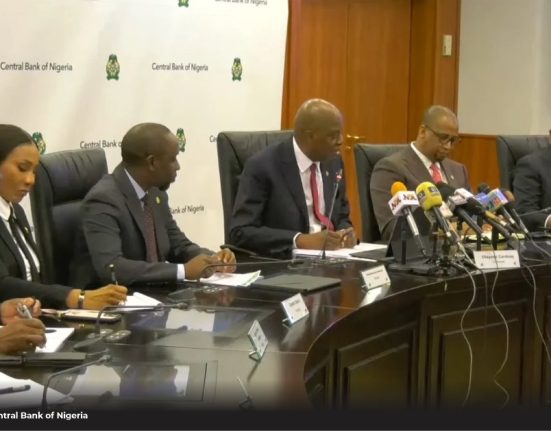Abuja, Nigeria | September 19, 2025
Fifteen years after its establishment, the Asset Management Corporation of Nigeria (AMCON) is once again at the center of debate, with growing calls for its winding down amid concerns that the agency has overstayed its mandate.
AMCON was created in 2010 as a special purpose vehicle to stabilize the financial sector in the aftermath of the global financial crisis. At the time, Nigeria’s banking industry was weighed down by a mountain of toxic loans, capital shortfalls, and weak balance sheets. The government tasked the corporation with purchasing non-performing loans, recapitalizing distressed banks, and restoring confidence in the system.
The intervention was meant to be temporary. Policymakers had projected that AMCON’s operations would last roughly ten years, after which it would phase out once stability returned to the sector. However, 15 years on, the agency remains active, managing assets, pursuing debt recovery, and holding stakes in businesses.
Critics argue that AMCON’s extended presence is distorting the financial system and creating uncertainty for investors. “AMCON has overstayed its welcome. It was never meant to be a permanent fixture in Nigeria’s economy. The longer it stays, the more it risks overstepping its original boundaries,” a financial analyst told reporters.
Supporters, however, insist that the agency still has a vital role to play, pointing to its debt recovery efforts and the billions of naira it continues to manage. They argue that Nigeria’s economic vulnerabilities and recurring banking sector risks justify AMCON’s prolonged relevance.
Industry watchers note that the debate over AMCON’s future has been rekindled by Nigeria’s broader economic reforms and renewed pressure on the government to streamline institutions, reduce costs, and boost efficiency.
The Federal Government has yet to make a definitive statement on the timeline for AMCON’s dissolution, but analysts believe that a clear roadmap is urgently needed to either reform or wind down the agency in line with its original mandate.







